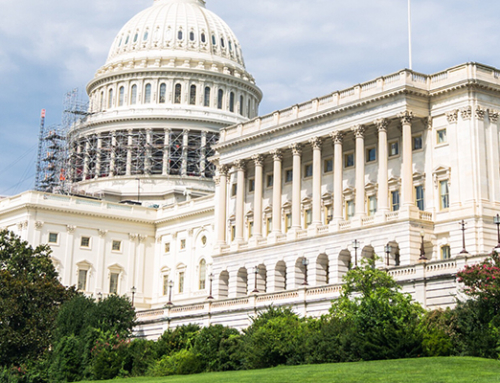Earlier this month, Congressman Rudy Yakym (IN-02) introduced the Securing Help for Involuntary Employment Loss and Displacement (SHIELD) Act. The legislation would clarify federal law after recent state legislation was introduced and passed permitting striking workers to be paid unemployment compensation while on strike.
The vast majority of states already have provisions in state law that effectively prohibit payment in these cases. Prohibiting payment of striking workers is a long-held interpretation by US DOL. Years ago New York and New Jersey enacted state legislation that would permit payment after a couple of weeks of the labor dispute. They based the state legislation on a 1979 US Supreme Court case addressing provisions in the NLRA that noted there was no specific provision in the NLRA or SSA that addressed the issue of paying unemployment compensation to striking workers.
In 2012 Congress amended the Social Security Act in Section 303(a) (12) to specifically require that all claimants be available to work as a condition of being paid unemployment compensation. This applies to all claimants (including those who may be unemployed due to a labor dispute). Despite the change in the federal statute, the requirement has not been enacted in New Jersey or New York. The states of Washington and Oregon have noted the New York and New Jersey laws as they considered and enacted new state legislation. See Doug Holmes’ testimony from a hearing in Oregon.
This new federal legislation incorporates the basic tenets of the UI system that individuals who voluntarily leave employment without good cause should not be eligible for unemployment compensation and that if they are not available for work as a result of a labor dispute they should not be paid unemployment compensation. It does continue to permit individuals who are locked out by employers not to be disqualified if they are otherwise eligible and able to work, available to work, and actively seeking work. The lock out provision is already included in a significant number of states on the basis that it is not the individual’s fault that they became unemployed.
>> Related Documents: Testimony of Douglas J. Holmes on SB 916 before the Oregon House Committee On Labor and Workplace Standards, April 30, 2025






